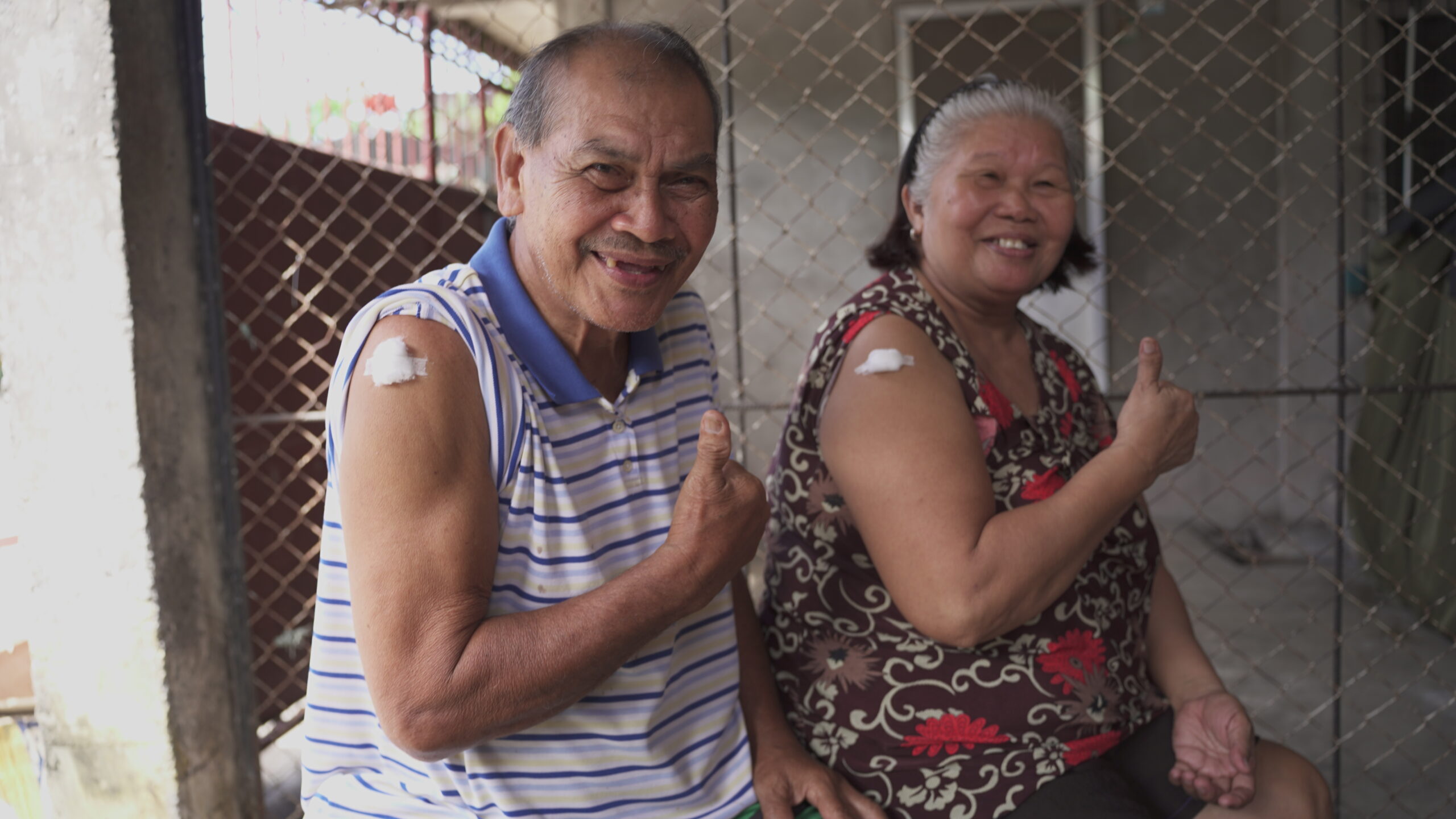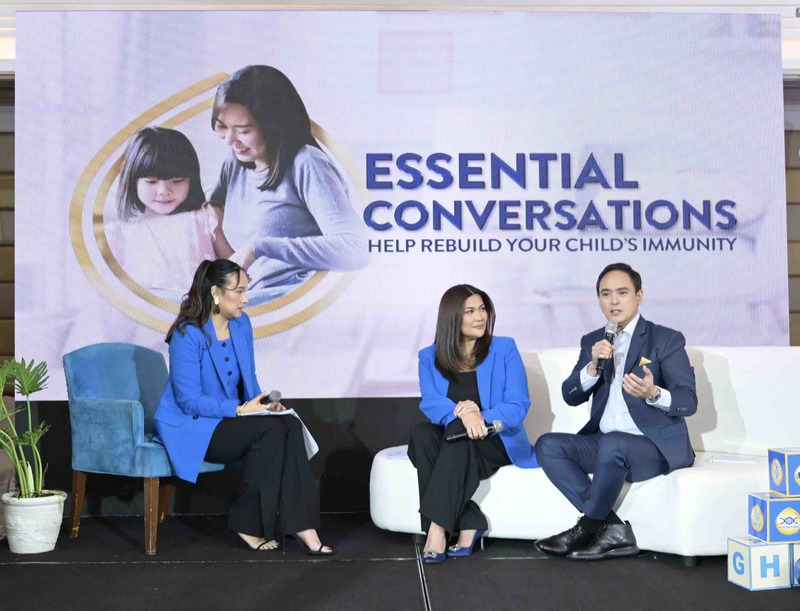The ongoing reluctance towards vaccination among Filipinos has spurred the Philippine Red Cross (PRC) to intensify its outreach efforts, aiming to persuade individuals to embrace vaccination. Emphasizing its stance, the PRC reaffirms that vaccination stands as one of the most effective strategies in combating COVID-19.
According to a study conducted by PRC, 20% of the Filipino communities refuse to get vaccinated while 7% remain on the fence about it. The study also said that this hesitation among the community stems from the belief that the vaccines available are neither safe nor effective.
With the emergence of various types of vaccines, a deluge of misinformation has proliferated, causing confusion and skepticism among the public.
To counter the persistent dissemination of misconceptions surrounding vaccines, the PRC initiated an information campaign called “OK Ka Sa Bakuna.” Here are some clarifications addressing prevalent myths and misconceptions about COVID-19 vaccines:
MYTH: The vaccines have worse side effects than COVID-19.
Despite prevailing misperceptions, the side effects experienced after receiving the COVID-19 vaccine are typically mild.
Experts said that experiencing side effects such as chills and mild fever is normal. These are signs that the immune system is actively receiving the vaccine.
“All vaccines have side effects,” said PRC Chairman and CEO, Richard “Dick” Gordon. “It is important to remember that the vaccines went through rigorous testing and evaluation to ensure their efficacy and safety.”
He added, “The fact is, COVID-19 may cause severe consequences to our health and this is what we are trying to avoid by administering vaccines.”
Chairman Gordon further emphasized that the minor side effects associated with vaccines pale in comparison to their significant benefits. He reiterated that assertions of contracting COVID-19 post-vaccination are unequivocally false.
MYTH: The COVID-19 vaccines were developed hastily and therefore is not safe.
All developed vaccines undergo rigorous evaluation through three phases of clinical trials, as mandated by the Food and Drug Administration (FDA). This stringent process ensures that health experts have confirmed the safety and efficacy of the COVID-19 vaccines.
PRC Secretary-General Dr. Gwen Pang said, “The COVID-19 vaccines went through extensive clinical trials to determine their efficacy and to ensure the safety of their use.”
She added, “The vaccines are the most effective way to protect ourselves and our communities against diseases like COVID-19.”
MYTH: If you have had COVID-19, you no longer need to get vaccinated.
Despite having previously contracted COVID-19, it is still advisable to get vaccinated. While individuals who have recovered from the disease naturally develop antibodies that offer some protection against reinfection, the effectiveness of these antibodies against COVID-19 variants remains uncertain.
Experts claimed that individuals who have recovered from COVID-19 but remain unvaccinated are at higher risk of reinfection compared to those who have recovered and subsequently received vaccination.
Vaccination boosts immunity and reduces the likelihood of virus transmission. Experts have recommended scheduling vaccinations after completing a quarantine period and testing negative for COVID-19.
PRC, in collaboration with the International Federation of Red Cross and Red Crescent Societies (IFRC), remains dedicated to promoting the health and well-being of the Filipino community.
IFRC Head of Delegation to the Philippines Sanjeev Kafley emphasized, “Vaccination is a crucial tool in bolstering community immunity.” He added, “It plays a pivotal role in preventing reinfection and safeguarding not just individuals but entire communities.”
IFRC highlighted its commitment to ensuring the health and safety of the community by facilitating vaccine distribution and disseminating essential information on COVID-19 management and response strategies.
PRC reiterated the importance of being well-informed before receiving vaccination. It emphasized the necessity of normal vital signs and the absence of illness prior to vaccination. Additionally, PRC advised individuals to disclose any food or medical allergies to their healthcare providers.
For more information, such as when and where to get vaccinated, visit your nearest PRC Chapter or barangay health center. For questions and concerns, call the PRC hotline: 143.





